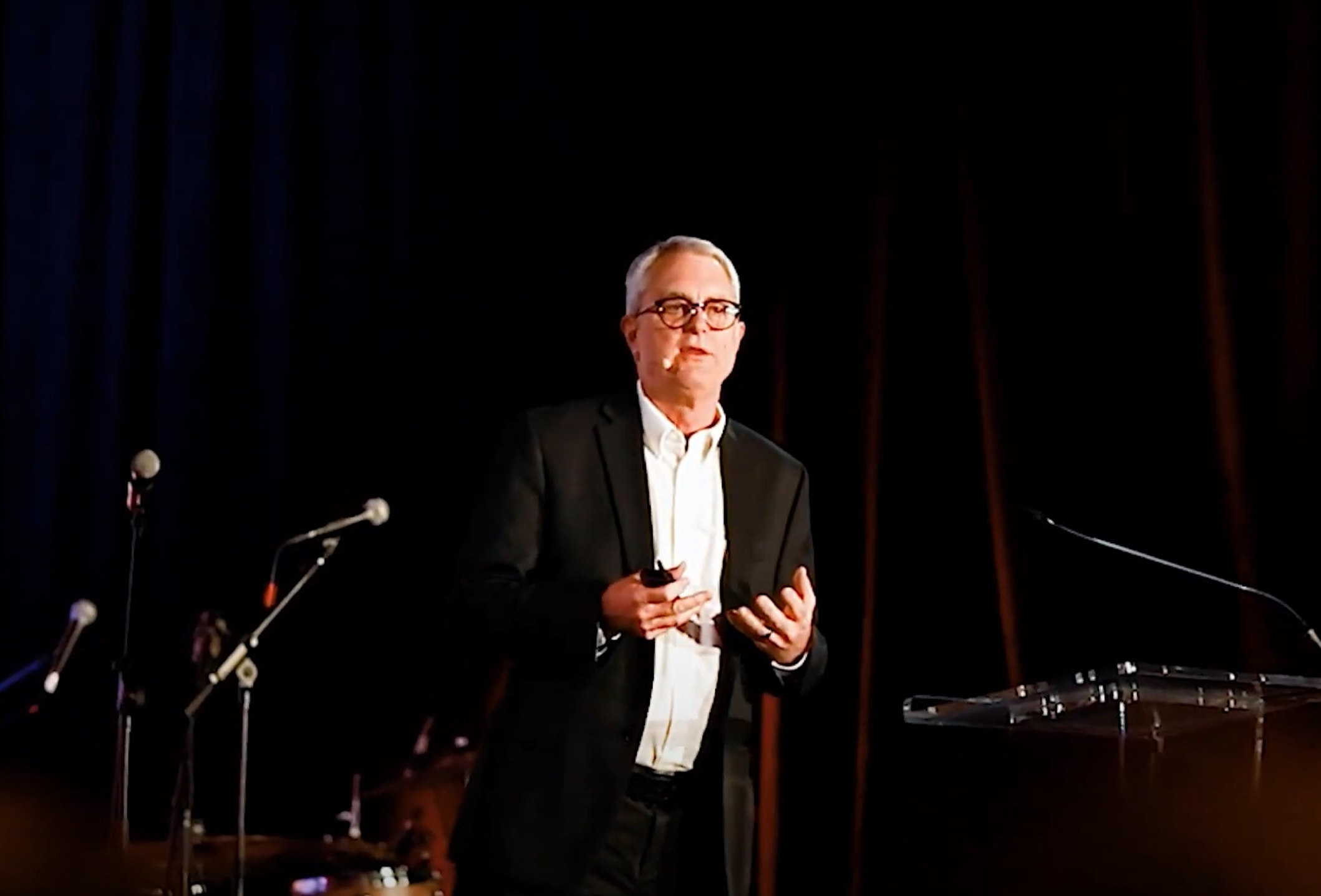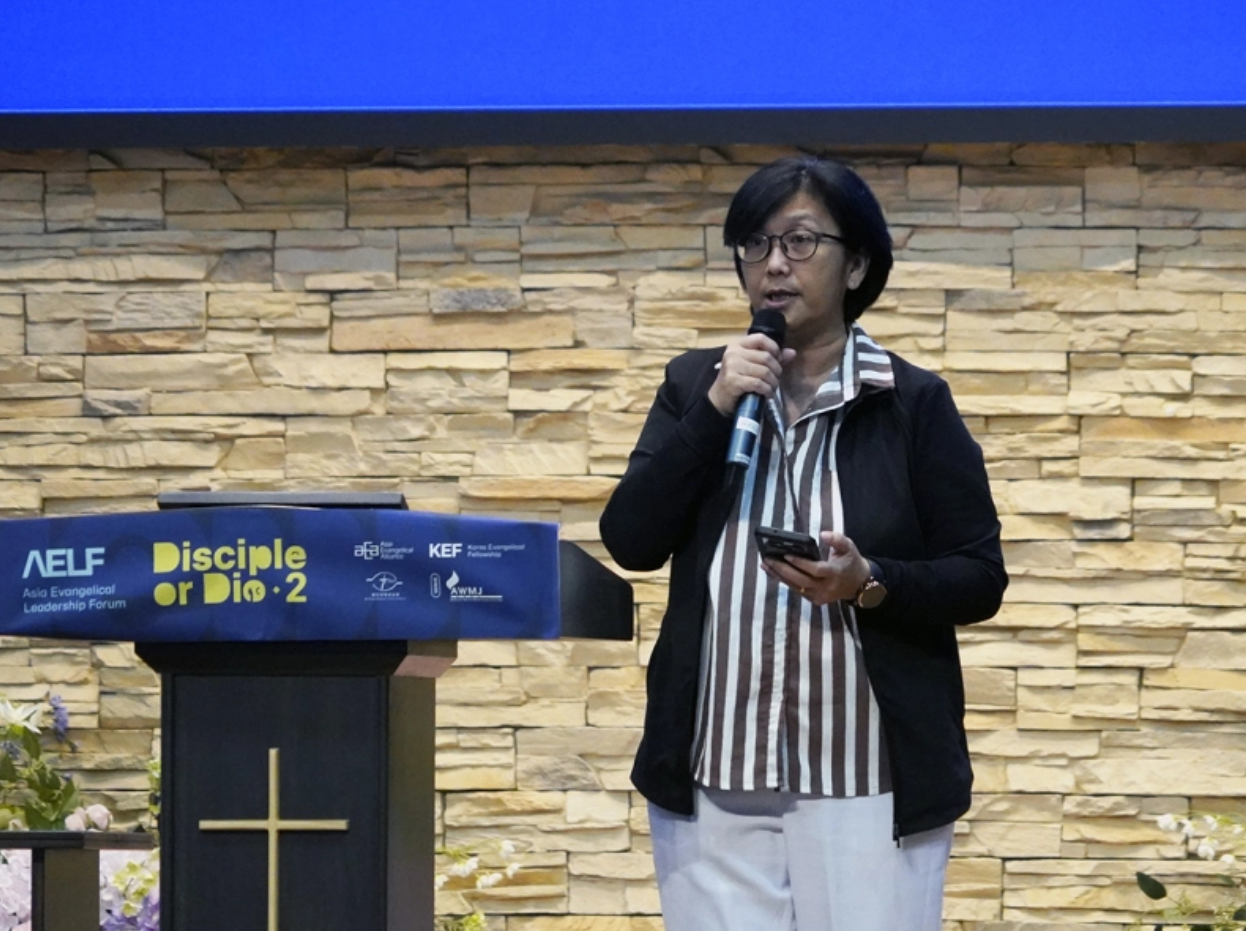A prominent Christian researcher is urging parents to take an active role in combating the influence of the media on their children, which he believes has led Americans to embrace teachings that run contrary to the biblical worldview.
The third day of programming for the Family Research Council Action’s Pray, Vote, Stand Summit, formerly known as the Values Voter Summit, was held on Friday. The annual gathering of social conservatives took place at the Cornerstone Chapel in Leesburg, Virginia, this year. The first panel of the day discussed the “crisis in the church” that has developed because “Christians don’t have a biblical worldview.”
Moderated by David Closson, the director of the Family Research Council’s newly launched Center for Biblical Worldview, the panel included George Barna, director of the Cultural Research Center at Arizona Christian University, Joseph Backholm of the Center for Biblical Worldview and Nancy Pearcey, professor and scholar in residence at Houston Baptist University.
While much of the discussion focused on problems that’ve resulted from the decline in the number of Americans who hold a biblical worldview, the panelists also provided advice to parents and faith leaders about how to instill a biblical worldview in their children.
“The most significant influence on the development of a worldview in America today is what we absorb from the media,” Barna contended. “And if that’s the case, then that says to me as a parent or a grandparent or somebody who cares about the development of the worldview of children that I’ve got to pay attention to what media is investing in those children’s minds and hearts.”
Barna then listed “four Ms” that parents should employ to combat the harmful influence of the media on their children.
He first advised parents to “monitor what these kids are being exposed to because our research shows that most parents are happy to buy their children every device the kids want, and then they leave the kids up to determine what they’re going to take in through all those devices. They don’t even know what their kids are being exposed to.”
Barna also suggested that parents “minimize it because our research also shows that in America, the biggest addiction in our country is media. We spend more time literally absorbing messages from media than anything else we do except for sleep.”
Illustrating the need to limit “the enormous exposure that we have to that kind of information,” Barna maintained that parents do not tell their children to “eat everything in the house,” but rather “eat a certain amount of things … three times a day.” He told parents that “we need to do the same kind of ingestion methods … with media.”
Introducing “mediate” as the third “M,” Barna called on parents to “serve as the mediator between what the media is trying to get you to believe and what we, as followers of Jesus, believe based on what the scriptures teach.” He remarked that if parents are watching a show with their children that exposes them to an idea that runs contrary to the biblical worldview, they should tell them: “We know that’s a lie … because the Scriptures teach us this.”
The final “M” Barna urged parents to rely on was “moralize.” In other words, “helping them to understand the difference between right and wrong.” He predicted that “if parents simply did that in the lives of their kids, it would revolutionize America today.”
Setting the stage for the conversation, Barna pointed to research that found only 6% of adults have a biblical worldview, a number that rises to 9% among “people who call themselves Christian.” Another statistic that’s particularly concerning is that only 19% of born-again Christians have a biblical worldview.
Barna further noted that only 21% of those who attend evangelical churches have a biblical worldview.
Read full article here
(c) The Christian Post, used with permission.




